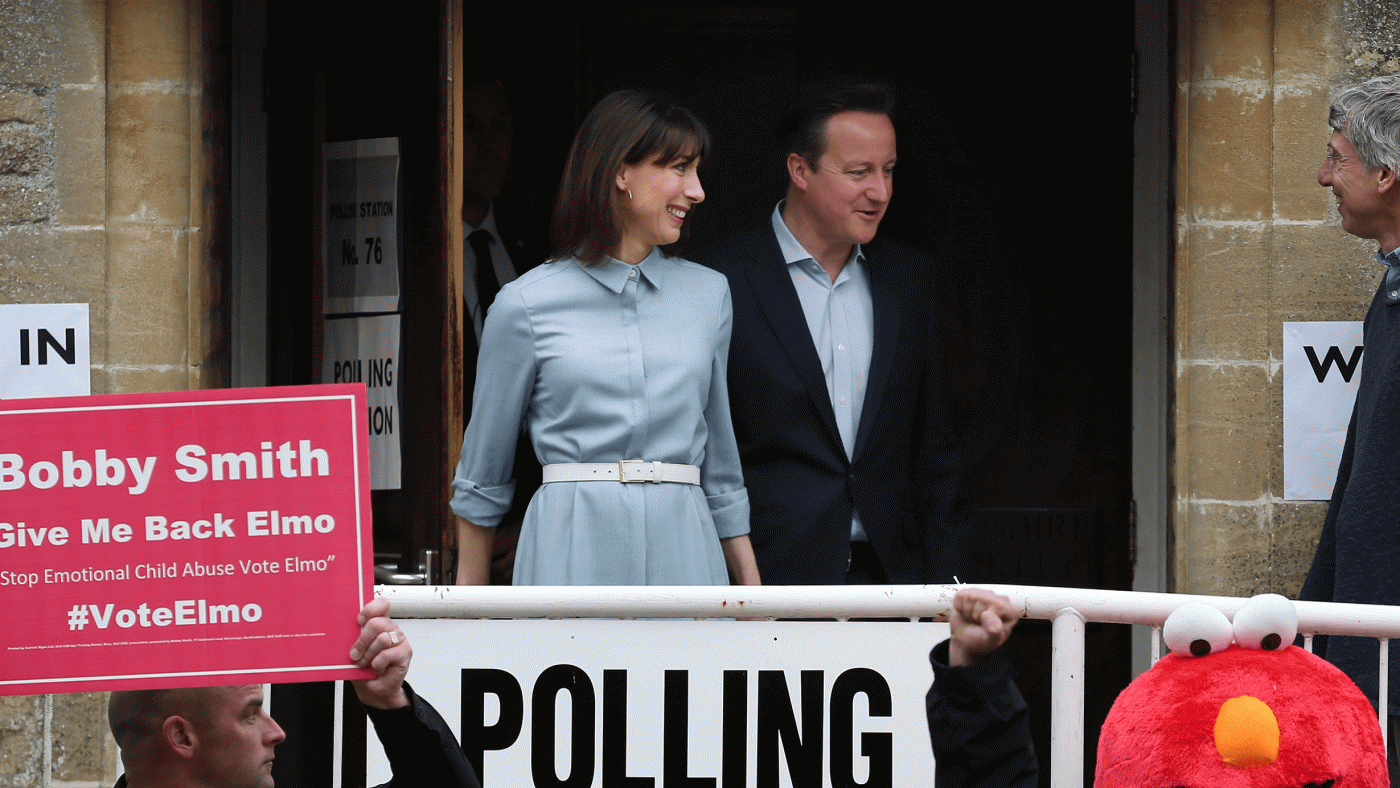In Tim Montgomerie’s fascinating round-up of UK politics for CapX on his way back to the US for Iowa tonight, he observed that an early UK general election is likely if David Cameron stands down in 2018 or 2019. This provoked some reader feedback: ah, you’ve forgotten the Fixed-Term Parliament Act. The next UK general election is in 2020 and that’s the end of it. It’s the law.
Only, that is not entirely true. Tim is right. It is perfectly possible to envisage there being an early election, indeed if Cameron goes before 2020 then it is highly likely. It is often said that under the Act only if there is a vote of no confidence in the government will there be an election, and let’s face it that is almost certainly not going to happen as the Tories have a majority.
But the Act contains another important provision. If two thirds of MPs vote for it in the Commons then “there shall be an early parliamentary general election.” Surely that would never happen, as it would require Labour and the Tories to agree and vote the same way? No, it is not at all an outlandish notion. Imagine a perfectly plausible scenario as follows.
In 2019, David Cameron stands down and a successor is chosen by the Tory tribe. The risk in waiting for the parliament to run its full five years is that in the Spring of 2020 the Tories will have no room for error, so he has gone early to give his party a better chance.
Anyway, Cameron’s successor (Boris/Osborne/May/Javid) takes office in 2019. Hooray say the Tories. Boo says Labour and lot of other people. This Prime Minister is unelected, we’ll get this imposter at the general election, in fact the country deserves to get a vote on this new person ASAP. Okay, says Boris/Osborne/May/Javid, let’s have a general election. Five weeks on Thursday. Ah, says Labour, erm, this is awkward but it would be humiliating to block a general election and be known forever as the party that is scared to go to the country. The new PM puts it a vote to the Commons. The Tories and Labour vote for it. Then there is an early general election. The end.


